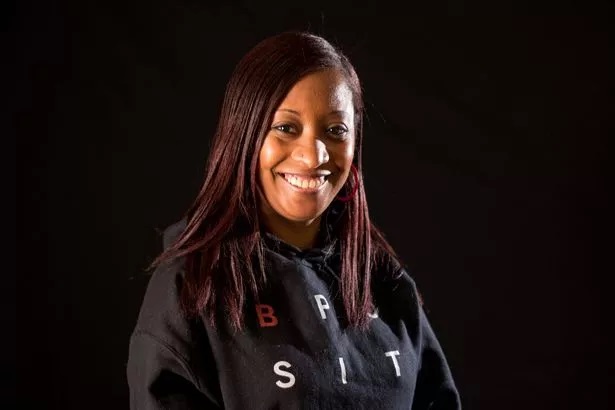"A total new lease of life; a total pick-me-up"
The Ro subtype is vital in treating sickle cell disorder, a condition that 245 babies are born with, every year.
September was Sickle Cell Awareness Month, during which we campaigned to highlight that people who are treated for sickle cell with regular blood transfusions need the support of 100 donors every year.
 Marsha Howe is no stranger to the effects of living with sickle cell, having been diagnosed with it at a young age.
Marsha Howe is no stranger to the effects of living with sickle cell, having been diagnosed with it at a young age.
"As a child, I regularly missed school, often for weeks at a time, because I was so unwell due to my sickle cell," says Marsha.
(Picture: Blood transfusion is "a total pick-me-up," says Marsha)
"Friends would often ask me why I was off, but I would always pretend it was something else as I didn’t want to appear different – I wanted to be the same as them."
Sickle cell is a life-threatening blood disorder that affects red blood cells. The sickle shape of these cells mean they can clump together, known as a 'crisis'.
A sickle cell crisis can cause extreme pain, tiredness, and other problems like stroke, blindness and organ failure. The pain can last for days or weeks.
Just prior to my blood transfusion, the simplest chores like washing the dishes can be extremely difficult
Sickle cell is an inherited condition that mainly affects people with a Black African or Black Caribbean background. There are 15,000 people currently living with sickle cell in the UK and demand for blood donations from hospitals is growing.

Around ten years ago, Marsha was treated in hospital after experiencing a minor stroke, caused by sickle cell disorder. Since then, she has had regular exchange transfusions to minimise the risk of having another stroke.
"Just prior to my blood transfusion, the simplest chores like washing the dishes can be extremely difficult," Marsha explains. "I literally have to drag myself through the day. But after my transfusion I get a total new lease of life. It’s a total pick-me-up."
Patients receiving regular blood transfusions get the best possible treatment when they receive blood from a donor with the same subtype and ethnicity as them. Currently, only 50% of blood transfusions given to people with sickle cell disorder are the best possible match.
